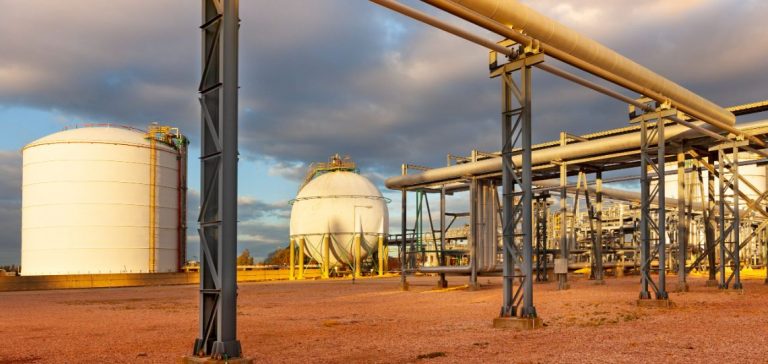US crude oil reserves have seen an unexpected increase, according to recently published data by the US Energy Information Administration (EIA). This rise in stocks is accompanied by a persistent slowdown in refineries, a phenomenon observed for the fifth consecutive week.
US commercial oil reserves increased by 5.8 million barrels in the week ending October 4, significantly surpassing analysts’ expectations of a 1.6 million barrel increase, according to a consensus established by Bloomberg. This more pronounced than expected rise negatively impacted crude oil prices, causing West Texas Intermediate (WTI) to fall by 0.62% to $73.11 per barrel around 15:25 GMT.
Reasons for the Increase in Stocks
The significant increase in oil stocks is primarily due to a new slowdown in US refineries. Refining capacities were utilized at 86.7% this week, down from 87.6% the previous week. This slowdown in refineries occurs during a time of year characterized by reduced travel and a maintenance cycle for facilities, contributing to an accumulation of reserves.
Meanwhile, crude oil production reached a record level of 13.4 million barrels per day, an increase from the previous week’s 13.3 million barrels per day. This production increase, already observed several times this year, has also contributed to the rise in stocks.
Impact on Oil Markets
Oil imports and exports slightly decreased, with declines of 5.9% and 2.2% respectively over a week. This contraction in international trade, combined with increased production, has led to an oversupply of oil in the domestic market.
The combination of these factors has influenced oil prices, causing volatility in the market and affecting investments related to the energy sector. The drop in crude oil prices can also have repercussions on the revenues of oil companies and on the economy in general, especially in regions heavily dependent on the oil industry.
Market Demand and Refined Product Stocks
Despite the slowdown in refineries, domestic demand has experienced an unexpected increase, particularly in the refined products sector. The volumes of refined products delivered to the US market increased by 6.7% over a week, with a particularly marked growth in gasoline, reaching a record level of 9.6 million barrels per day, the highest ever recorded by the EIA for this period in 33 years.
Distilled products, such as diesel, also saw their demand grow by 10.8%. This increase in demand led to a drop in refined product stocks, with gasoline reserves decreasing by 6.3 million barrels, reaching their lowest level in 13 months.
This mismatch between refinery production and the growing market demand has created an imbalance that could influence future decisions by energy sector players, particularly regarding investments and production strategies.





















